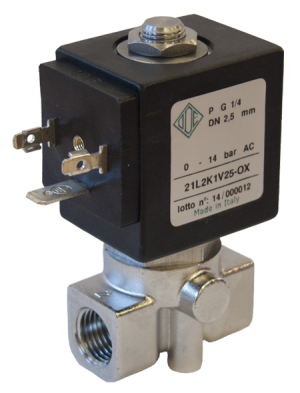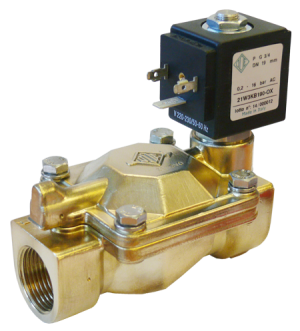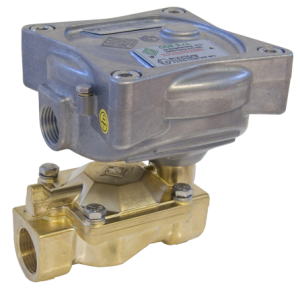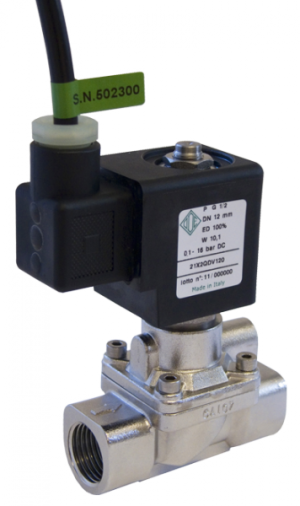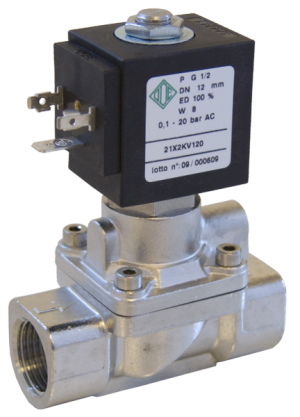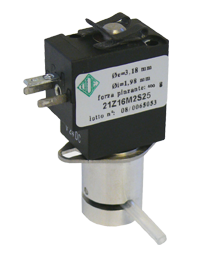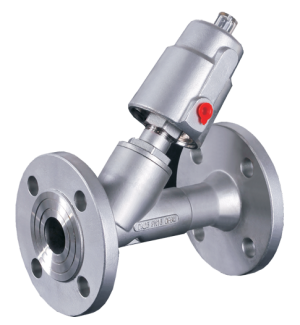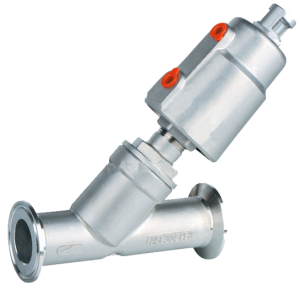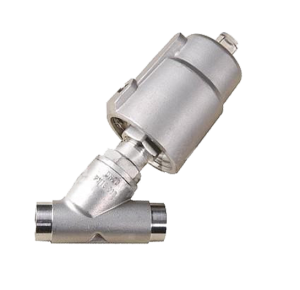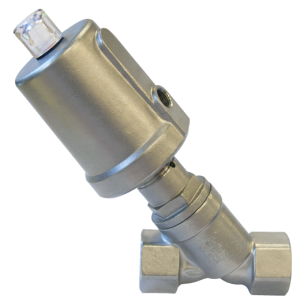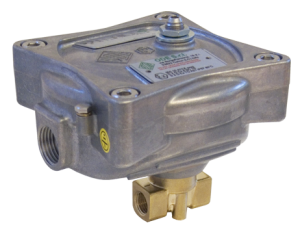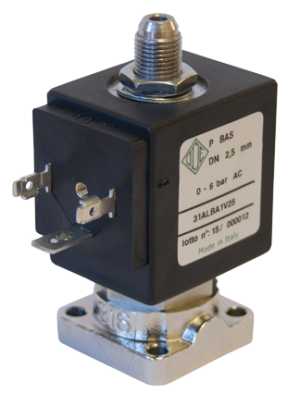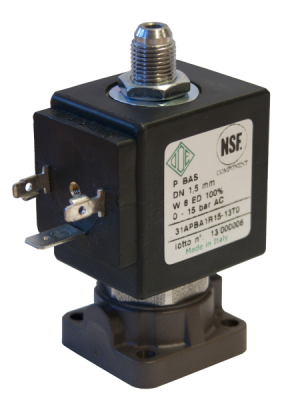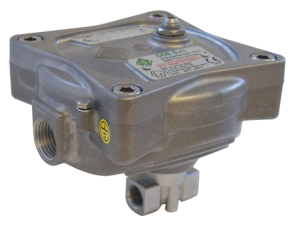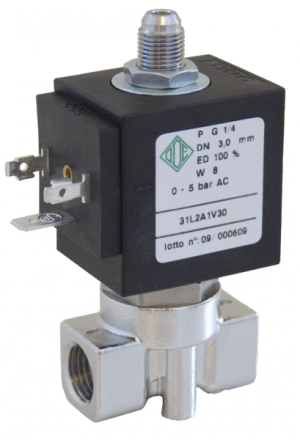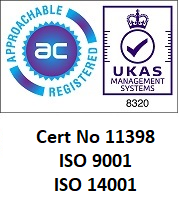- Display 15 Products per page
Chemical Valves FAQs
What is a valve in chemical engineering?
A valve is a mechanical “gate” used to stop or start the flow of chemical fluids. There are many types and applications of valves, which block the flow and can be easily moved.
How do chemical valves work?
Generally, all types of valves work by creating an air/water-tight seal within a pipe that blocks the flow of substances within the system. They are designed to be resistant to pressure that may build up behind them. We supply solenoid valves: electromagnetically controlled valves which open and close based on the presence of an electrical current.
What is the importance of valves for chemical engineering?
In chemical engineering and industry, valves are important to enable controlled dosage of chemicals in processes. Control valves in chemical processing applications are required to regulate the flow of fluids, even in extremely harsh environments, ensuring the flow can be cut off quickly if required. Valves are also important to isolate sections of pipes or equipment for maintenance. Avalco’s Chemical Solenid Valves are resistant to corrosion, available in brass, stainless steel and plastic suitable for use with strong chemicals.

